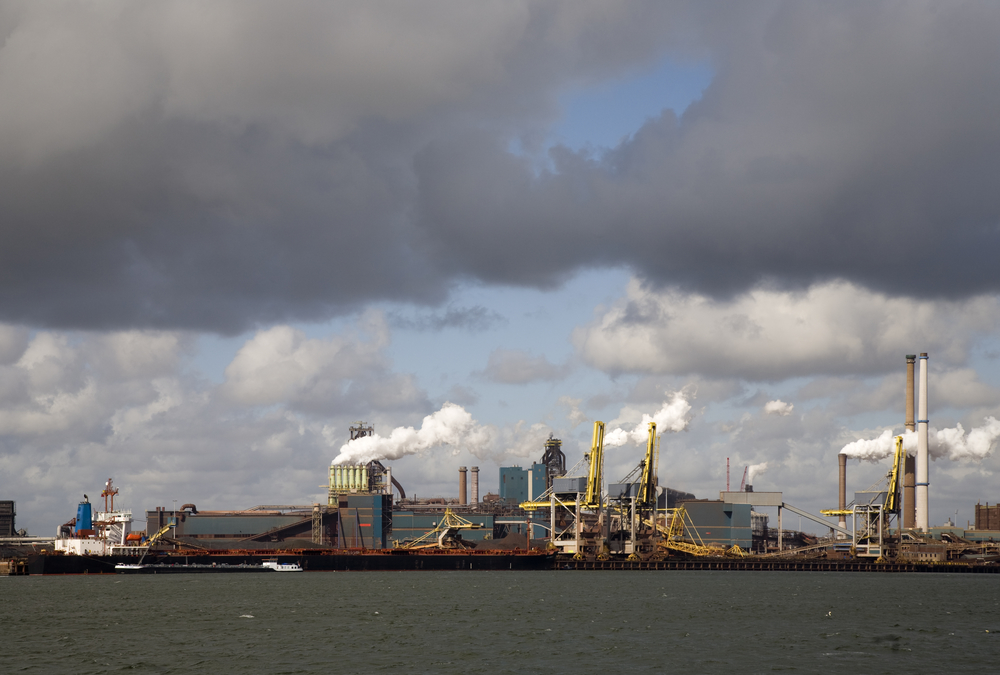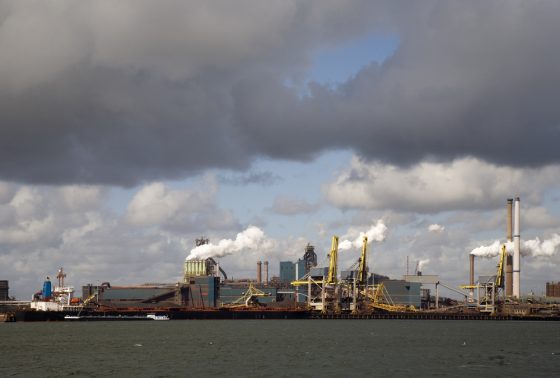Industry concerned about impact of EU plan for CO2 import tariffs


Industrial energy users have criticised the European Union’s plans to impose a carbon emissions levy on imports as part of its transition to greener energy.
The European parliament is due to vote on Tuesday on proposals for a tariff on all imported products that contribute to CO2 emissions, known as the Carbon Border Adjustment Mechanism.
The measure is designed to prevent companies importing supplies in order to get around the tight restrictions and high charges that apply on carbon emissions within the EU.
Industrial producers’ emissions are capped within the EU and companies are fined for going beyond their allowance. Large polluters have the option of buying extra allowances from companies that have spare capacity through the Emissions Trading System (ETS), which is designed to reward efficient energy use while making pollution more expensive.
The EU wants to reduce the amount of CO2 capacity that companies can trade in order to bring down overall pollution levels under its long-term transition plan, known as Fit for 55.
But there are concerns that it will encourage large companies to move their operations outside the EU, where less stringent environmental regulations apply.
Carbon leakage
The CBAM is intended to stop the ‘leak’ of EU-based polluters by applying the emissions charges on imported goods. But major industry players say the charges only regulate imports, not exports, potentially creating an uneven playing field.
A spokesman for Tata Steel said: ‘What is clear is that it will have a negative effect on our competitiveness in the export market. Our costs will be higher than our competitors in countries like the US. and Turkey.’
Hans Grünfeld, chairman of the high energy users’ association VEMW, told NOS that the regulations were ‘extremely complex’ because companies will have to provide documentary evidence of CO2 emissions for all their imported products.
‘For a simple product like steel that’s a lot easier than for compound products,’ he said. ‘Add in the uncertainty about whether the CBAM system is watertight and can stand up to political pressure, and it leads to not just sizeable risks for European companies, but also a high risk of carbon leakage.’
Metal manufacturers’ body Metaal Nederland said it was possible that countries outside the EU would come up with retaliatory tariffs to the CBAM. ‘For us the optimal blend would be an approach that prevents both carbon leakage and the dumping of high-pollution steel and aluminium on the European market.’
In the long term the EU wants to phase out all ‘free’ allowances and use the extra income generated from pollution charges to finance energy reforms such as heat pumps for houses and compensation for people such as low-income tenants, who are unable to bring down their costs by insulating their houses.
Maarten de Vries, of environmental research agency CE Delft, told NOS: ‘CBAM is an important piece in the puzzle of European climate policy.
‘On the one hand it enables the EU to phase out the free allowances, so that companies will have no option but to pay for their emissions. And on the other hand it’s an incentive for countries outside the EU to improve their climate policies.’
Thank you for donating to DutchNews.nl.
We could not provide the Dutch News service, and keep it free of charge, without the generous support of our readers. Your donations allow us to report on issues you tell us matter, and provide you with a summary of the most important Dutch news each day.
Make a donation